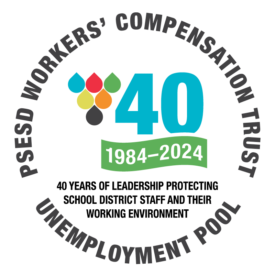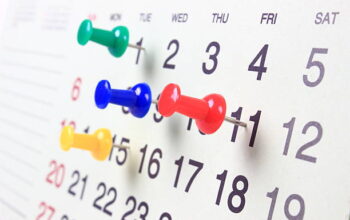The Department of Labor & Industries (L&I) issued a Hazard Alert on July 14, 2021 which reinforced emergency outdoor heat exposure rules calling on employers to increase monitoring of workers for signs and symptoms of heat-related illnesses. The L&I alert strengthens emergency outdoor heat exposure rules that require employers to provide regular rest periods, access to shade and hydration, and other increasingly proactive steps as temperatures rise to 89 and 100 degrees.
The hazard alert detailed specific steps employers must take to protect workers by looking for signs or symptoms of heat illness and removing them from danger so they can recover or receive prompt medical attention. It also reminds workers of key things to watch for and steps they can take to prevent heat illness. The emergency rule requires employers to provide shade or other sufficient methods for employees to cool down. They must also have a paid cool-down rest period of at least 10 minutes every two hours. These requirements were put into action following a record-breaking heatwave across the Pacific Northwest.
Below are the new protocols that expand on existing rules. Now, when the temperature reaches 89° F, employers must:
- Provide water that’s cool enough to safely drink.
- Allow and encourage workers to take paid preventive cool-down rest periods.
- Have a written outdoor heat exposure safety plan and provide training to workers.
- Respond appropriately to any worker showing signs or symptoms of heat-related illness.
When the temperature reaches 100° F or higher, employers also must:
- Provide workers with shade or another means to cool down.
- Ensure a paid cool-down rest period of at least 10 minutes for every two hours of work.
LNI/DOSH says it plans to file an official notification for permanent rulemaking to update the state’s existing outdoor heat exposure rule. When the permanent ruling goes into effect, our district’s will need to revise their outdoor heat exposure programs in their Accident Prevention Program (APP) documents to reflect that change. We will provide a sample program to our district safety committees complete with the new action levels in place.
Read more about LNI’s Standards Update Regarding Ambient Heat Exposure.
Please contact your Risk Consultants with any questions or concerns.



